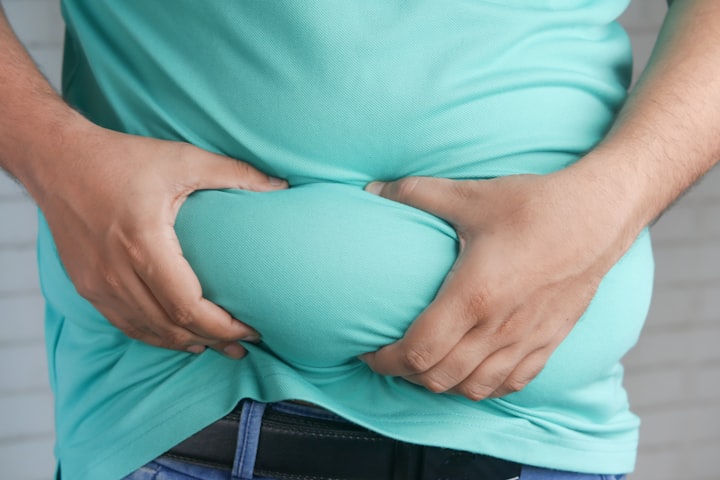The Worst Thing About Dieting? The Weight Gain that Comes After
Weight Gain

While there are many benefits to dieting, such as healthy eating habits and better fitness levels, the fact remains that most diets just don’t work in the long term. In fact, many people who try to lose weight by dieting end up gaining more weight than they originally had! The reason for this unfortunate phenomenon can be explained in three key reasons...
What We Know Now
Weight loss is difficult, to say the least. We also know, however, that most dieters will eventually regain any weight they lose. That’s right: despite years of research and all those late-night infomercials telling you otherwise, you can end up in exactly the same spot as when you started off your diet. So what are we doing wrong? Well, for starters, we’re too focused on healthy eating and not focused enough on how our food affects our body image (which is a major contributor to weight gain). Also, diets promote quick results with unrealistic expectations—that's probably why 80% of diets fail within 12 months.
Are Calorie Counts Dead Wrong?
Food labels are designed to help you make informed decisions about what you eat, so it’s important to know what they mean and what your body really needs. The U.S. government gives us two numbers for food: calories per serving and calories per 100 grams (100 grams = 3.5 ounces). These labels say how many calories a food item has, but not how much food is in a serving or how much of your daily allowance you get from one serving of something. Instead, these two numbers are used for nutrition facts on foods -which include information like protein, fat and carbohydrate content—and can help with weight loss by giving you a sense of proper portion sizes and helping plan balanced meals, which can result in weight loss over time if you watch your diet carefully.
How Does Your Metabolism Change as You Lose Weight?
When you lose weight, your metabolism changes. As a result, your body needs fewer calories to do what it used to do and burn off stored fat. So if you’ve been eating less in an effort to lose weight, but haven’t seen a decrease on the scale for weeks or months, it could be because you aren’t eating fewer calories—you’re simply burning them off faster than before. And since there are 3,500 calories in a pound of fat, reducing your calorie intake can make all of that hard work disappear! If you want to prevent weight gain and continue losing weight when losing stops coming easily, use these eight simple tips.
Why Will My Fat Cells Not Die?
Many people who lose weight in order to get healthy are really frustrated when they find their weight going back up again. Why is it so hard to keep lost pounds off once you've worked so hard to lose them in the first place? As it turns out, your fat cells don't die after you lose weight; they go into a state of hibernation and make more fat cells! To break free from these fat-gaining cycles, there's one thing you can do: eat nutrient-dense foods!
Do Calories Matter at All Anymore?
Every time a nutritionist is asked how many calories you should eat in order to lose weight, they say something along these lines: There’s no one-size-fits-all answer because it depends on your metabolic rate and body composition. This makes sense: Your caloric needs are going to depend on whether you have more muscle or fat.
Is Exercise Just a Waste of Time (When it Comes to Losing Weight)?
According to a study in Medicine & Science in Sports & Exercise, there’s a threshold at which exercise stops helping you lose weight. Once your body burns enough calories through daily exercise, it won’t burn more if you add more aerobic sessions. So if your goal is to lose weight, there may be no need to sweat it out at an aerobics class or hit the treadmill every day.
How Low Can You Go Without Becoming Malnourished or Hurting Your Metabolism?
If you’re overweight, your body may respond to even a small reduction in calories by slowing down metabolism and increasing hunger. You can’t control how your body responds—but you can keep an eye on your weight loss to make sure it doesn’t dip too low. How fast you lose weight is less important than how much of it comes back once you start eating normally again.
Conclusion (and Some Final Thoughts)
So, is dieting a waste of time? Not entirely. Some people can and do lose weight when they restrict their caloric intake—and in many cases, they keep it off. That’s because successful dieters are able to create sustainable habits that lead to permanent change.
About the Creator
Healthy Lifestyle the story
I am content writer for articles. I have also provided need articles everywhere. I like articles writer for time to time services provided also customer.






Comments
There are no comments for this story
Be the first to respond and start the conversation.